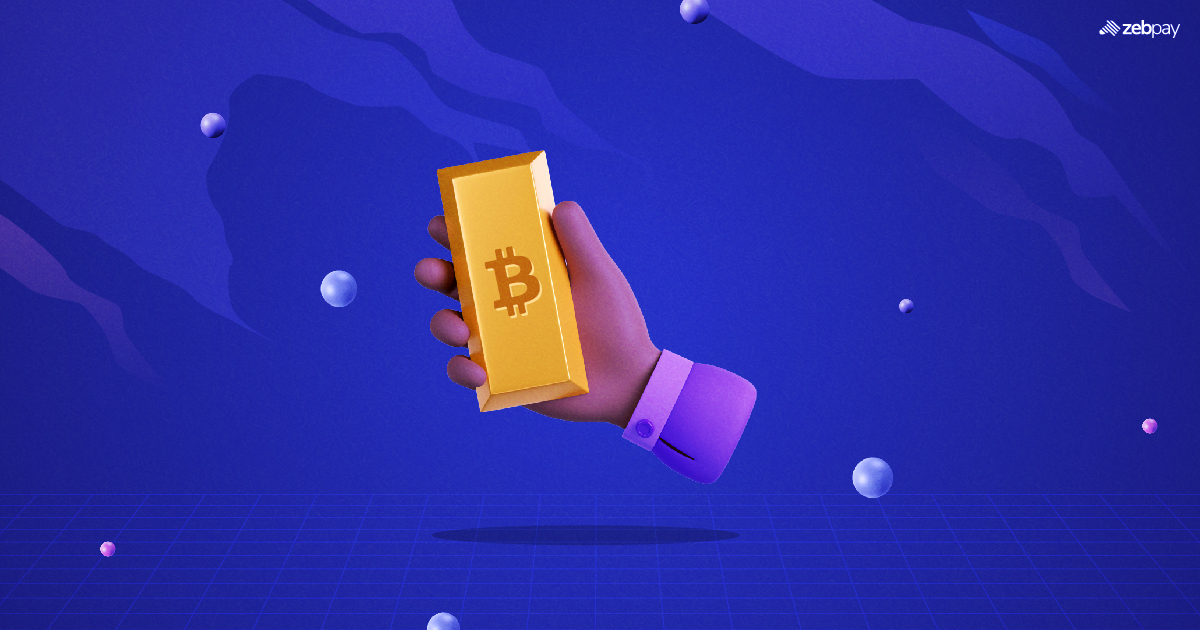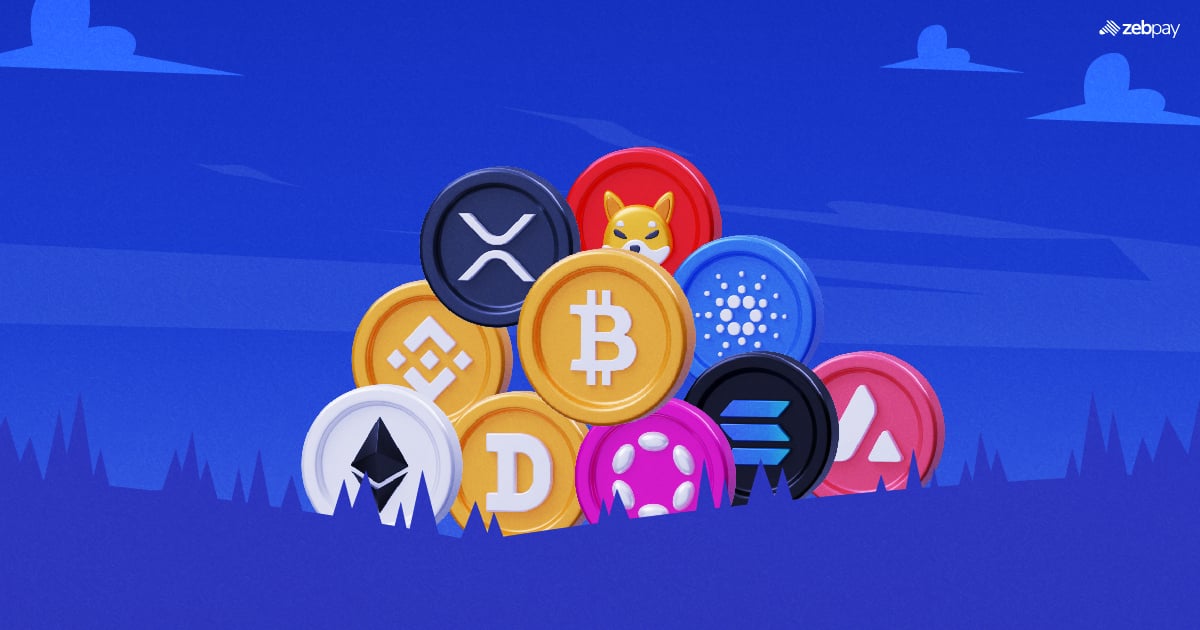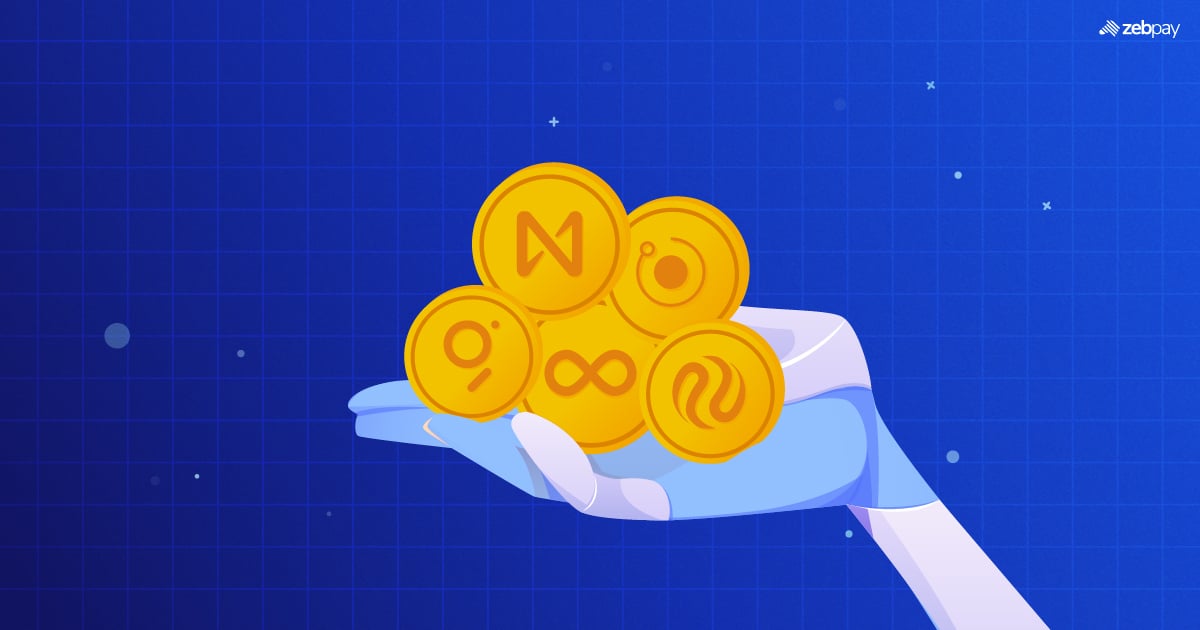When Bitcoin began attracting attention, it earned various names. “Digital gold” became one of its most popular titles. However, is it fair to compare this innovative crypto to precious metals beloved by cautious investors? To decide, consider both assets’ unique traits. Beyond being safe havens, precious metals like gold excel at hedging against inflation and preserving wealth. With currencies like the US dollar experiencing inflation and losing value, protecting one’s fortune from inflation is crucial.
Though precious metals have kept wealth secure historically, some views are emerging with crypto assets as hard money’s saviour. This article compares Bitcoin to precious metals to determine the better investment now.
The Rise of Bitcoin
Introduced in 2009, Bitcoin (BTC) was the first crypto asset. Satoshi Nakamoto, an anonymous figure, had the idea in 2008. With Bitcoin’s launch, many other blockchains and cryptos emerged globally. Since its start, Bitcoin has pioneered digital assets. It gained wide adoption and praise, faced doubts and challenges, and saw big value changes. The crypto market keeps changing. Bitcoin, the first virtual asset, leads and dominates the market. Even with competition from altcoins (alternative coins), Bitcoin often has over half the total market cap. Investors and fans like its decentralized system limited 21 million coin supply, and foundational blockchain technology.
Read more: Bitcoin Price Prediction
Precious Metals as Traditional Safe Havens
In ancient days, gold and silver acted as wealth storage. First used for trade and barter, these metals became currency. During the 1800s, the gold standard emerged as the global financial benchmark. Under this system, a nation’s currency value is tied to a specific gold amount. Countries held gold reserves to back their currencies, with the worth determined by the gold amount held. This prevailed until the 1970s, alongside gold and silver’s continued use as money forms. Despite abandoning the gold standard, gold and silver remain highly valued as wealth stores. Investors turn to them as inflation hedges against economic uncertainties. They’re also attractive for diversifying investment portfolios due to their liquidity in international markets.
However, drawbacks come with investing in gold and silver. These metals don’t generate regular income like stocks or bonds through dividends or interest payments. Investors must rely solely on the appreciation of metal values over time, which income-focused investors may not suit. Additionally, physical metals require secure storage facilities or safety deposit boxes, incurring extra costs. Insurance premiums may also be necessary to safeguard against theft or damage, further adding expenses associated with gold and silver investing.
Read more: Bitcoin Vs Gold
Comparing Bitcoin with Precious Metals
Scarcity
Bitcoin’s allure stems from its limited supply, its divisibility for easy buying and selling, its verifiability through Bitcoin nodes at low cost, and its expanding digital utility. Moreover, when stored securely in self-custody, Bitcoin cannot be confiscated.
Gold’s appeal lies in its longer historical use and some industrial applications. However, verifying gold’s authenticity is costly, and its exact supply cannot be audited.
Volatility
Bitcoin has a history of volatility due to media influence, investor sentiment, regulatory actions, and hype. News related to digital assets can trigger panic among investors, leading to rapid price fluctuations. In contrast, gold’s value is more stable, making it potentially a safer investment.
Portability
Unlike gold, which can be cumbersome and costly to transport and store, bitcoins are highly portable. They exist in digital form and can be swiftly sent worldwide, offering a more convenient option for users.
Crypto in Traditional Finance
Crypto is a disrupting force in finance. It challenges banks and changes money transfers. Bitcoin started gaining widespread crypto interest in 2009. A key trait of crypto is decentralization, unlike banks as middlemen. Crypto allows direct peer-to-peer transactions without a central authority. Crypto also enables quicker and cheaper cross-border transactions than banks. Using crypto, people and businesses can seamlessly transfer money across borders without middlemen or high fees. This tech advance can transform remittances by slashing costs for international money sending.
Public Perception: BTC or Gold
Cultural Perceptions of Gold and Silver
Gold and silver possess significant cultural and symbolic significance across various societies, being utilized in religious observances, customary practices, and significant festivities to symbolize affluence, success, and virtue. For instance, in ancient Egypt, gold held immense historical significance, being closely associated with deities, eternal life, and the sun. It adorned pharaohs and temples, playing a pivotal role in royal burials. Likewise, in ancient Greek and Roman civilizations, gold served as a symbol of prosperity and social standing. This longstanding historical reverence for gold has solidified its enduring value over many centuries.
Shifting Attitudes Toward Crypto
Many crypto enthusiasts will say Bitcoin is better than gold. There are lots of factors that make crypto popular. Bitcoin works on blockchain networks that millions of computers manage together. This network keeps investor assets safe. As our world gets more digital, Bitcoin looks promising. Bitcoin offers true financial freedom without any manipulation risks.
Environmental Considerations
Bitcoin Mining and Energy Consumption
Bitcoin mining means checking if transactions are real. It puts the real ones into the blockchain. Computers solve hard math problems to do this. They use a lot of energy. The energy used for Bitcoin mining comes from data centres around the world. These centres, housing high-powered computers, consume extensive amounts of electricity.
Precious Metals Mining and Environmental Impact
Mining precious metals takes a lot of energy. It involves activities like digging underground and processing ore. These activities use a lot of energy from fossil fuels. This high energy use leads to greenhouse gas emissions, which contribute to climate change. Precious metal mining also impacts the environment because hazardous substances are released. Chemicals used in extracting the metals pollute water, harming aquatic life and people’s health. Mining machinery causes air pollution through dust and emissions. Soil contamination and the loss of topsoil can reduce biodiversity and disrupt farming.
Read more: How To Build A Crypto Mining Rig
Conclusion
Gold is a secure choice for cautious investors with long-term goals. It provides stability without constant monitoring. In contrast, Bitcoin attracts risk-tolerant individuals seeking big returns. If timing markets and enduring potential losses excite you, Bitcoin may interest you. However, careful research and planning are vital for informed investing in either option.
Gold provides stability through simplicity. It doesn’t require tracking news or believing in trends. Bitcoin offers risky chances for substantial gains. You must enjoy the thrills of predicting markets, accept losses and learn from them. Both demand thorough understanding before investing wisely with considered strategies.
If you found this blog to be useful, do share it with other like-minded crypto enthusiasts. Click on the button below to begin your crypto trading journey using ZebPay.







